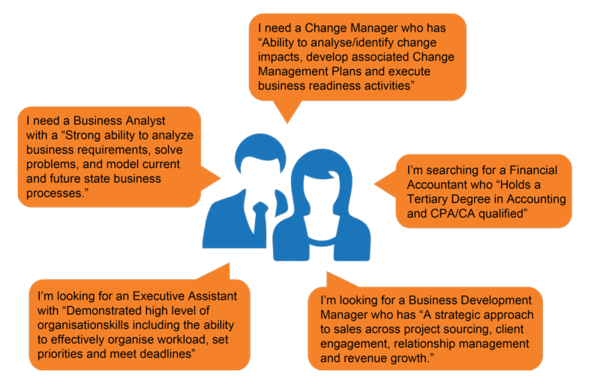Lockdowns and border closures imposed in efforts to contain the spread of COVID-19, compounded by panic buying of some goods, presented numerous challenges in supply chain management, requiring skills in identifying risks. It was also reported by the National Australia Bank (NAB) that some businesses are rethinking ‘just-in-time’ inventory management and are paying suppliers sooner to ensure supply.
Skills in workplace health and safety have also become a priority, with both workers and customers becoming responsible for mitigating the risks of exposure to the virus. Cross-sector infection control skill sets with contextual advice for 10 industry sectors were endorsed in July 2020 to enable current and future employees to upskill in managing these risks.
Health and Safety skills were also acknowledged in the Offshore Oil and Gas Safety Review: Policy Framework, which found the pandemic has emphasised the importance of managing physical and mental health impacts for workers, and notes the need for businesses to have proactive mental health strategies in place to ensure workers’ overall wellbeing.
The Australian, State and Territory governments have recognised small business owners and their employees may need additional support to strengthen their business skills as a result of the pandemic, and have introduced a number of programs through their COVID-19 recovery plans and budgets. The Australian Government Department of Business has also provided a website to help businesses cope with the changed conditions and compliance regulations, including information on business planning, government funding reducing cyber security risks and updating policy, procedures and processes.
The National Skills Commission’s Impacts of COVID-19 on Businesses report found that proportion of businesses affected a great deal by COVID-19 has decreased significantly since April 2020, with the most common impact of COVID-19 on businesses in July 2021 being the need to change their business practices.
In response to the pandemic accelerating digitisation across the economy, the media release Digital Training for Australian Directors announced the Australian Government had launched a new training program designed to lift the digital literacy of company directors. The training comprises 10 online modules that cover topics such as modern competitive business practices, digital risk and compliance and digital investment strategy.













